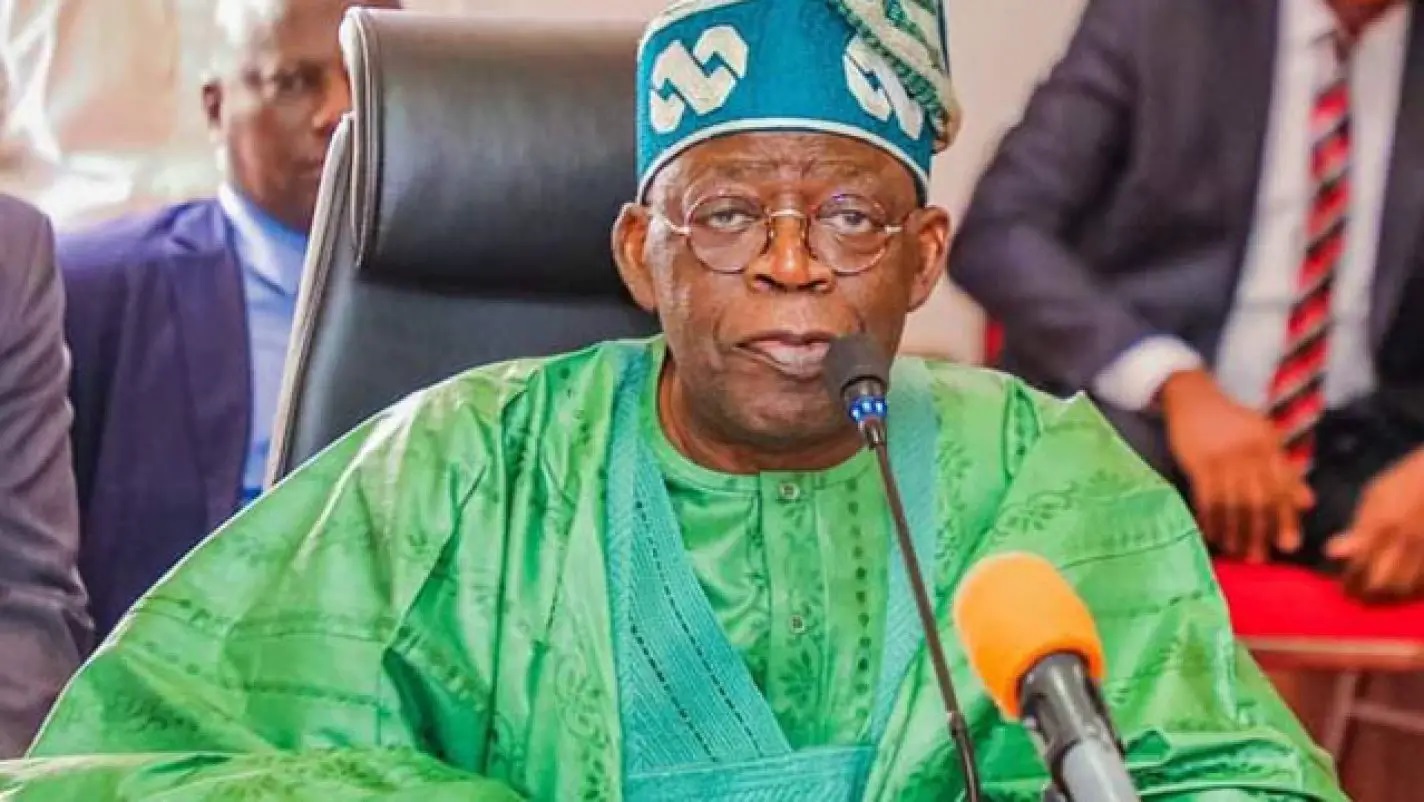By Alimamy Kabia (Tiger)
In many parts of the world, including Africa, there have been instances where leaders resort to using threats of violence, specifically bullets, against their own citizens. This alarming practice raises important questions about power dynamics, governance, and the well-being of African nations.
Why would citizens of a nation raise their voices or even attempt to jump into the streets in protests against a government that provides jobs, electricity, water, food on the table, healthcare, education etc for it’s citizens?
Today, we will explore some of the reasons why some African leaders’ resort to such tactics, shedding light on the complex factors that contribute to this phenomenon.
Historical Context:
To understand the reasons behind the use of threats and violence by African leaders, it is essential to consider the historical context. Many African nations have experienced a tumultuous history marked by colonization, civil wars, and power struggles.
This has created a legacy of instability, mistrust, and a culture of violence that can still influence the behavior of some leaders today.
Consolidation of Power:
One of the primary motivations for threatening citizens with bullets is the desire to consolidate power and maintain control over the population.
Some leaders perceive dissent or opposition voices as a threat to their authority and resort to intimidation tactics to silence their critics.
By employing violence or the threat of violence, leaders aim to instill fear and discourage any form of resistance.
Suppression of Dissent:
Freedom of speech and expression are fundamental pillars of a democratic society. However, some African leaders view criticism and dissent as challenges to their rule. By using threats of violence, they aim to suppress any opposition, ensuring that their authority remains unchallenged. This can lead to a climate of fear, inhibiting the development of a vibrant civil society.
Lack of Accountability:
A common factor contributing to the use of threats by African leaders is the lack of accountability and weak democratic institutions. In countries where the rule of law is compromised or where checks and balances are ineffective, leaders may feel empowered to use violence with impunity.
This absence of accountability fosters an environment where citizens are left vulnerable to the whims of their leaders.
Economic and Social Inequalities:
Socio-economic inequalities play a significant role in the perpetuation of threats by African leaders.
In nations where poverty, unemployment, and lack of basic services are prevalent, citizens may become disillusioned and voice their grievances. In response, leaders may resort to violence to suppress any demands for change that could challenge their grip on power.
To this end, the use of threats and violence by some African leaders against their citizens is a distressing phenomenon that has far-reaching consequences. Understanding the underlying factors such as historical context, power consolidation, suppression of dissent, lack of accountability, and socio-economic inequalities is crucial in addressing this issue.
It is imperative for African nations to strive for inclusive governance, respect for human rights, and the establishment of strong democratic institutions to ensure the well-being and empowerment of their citizens. Only through collective efforts can Africa progress towards a future where threats and violence are replaced by dialogue, cooperation, and prosperity for all.

